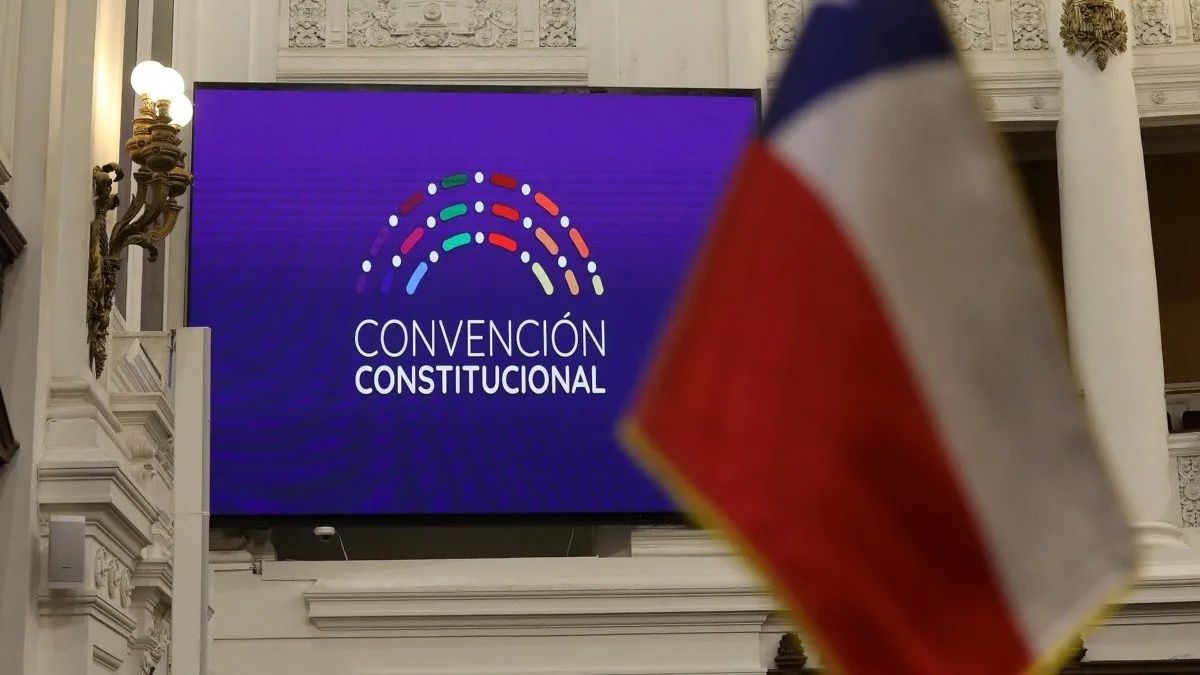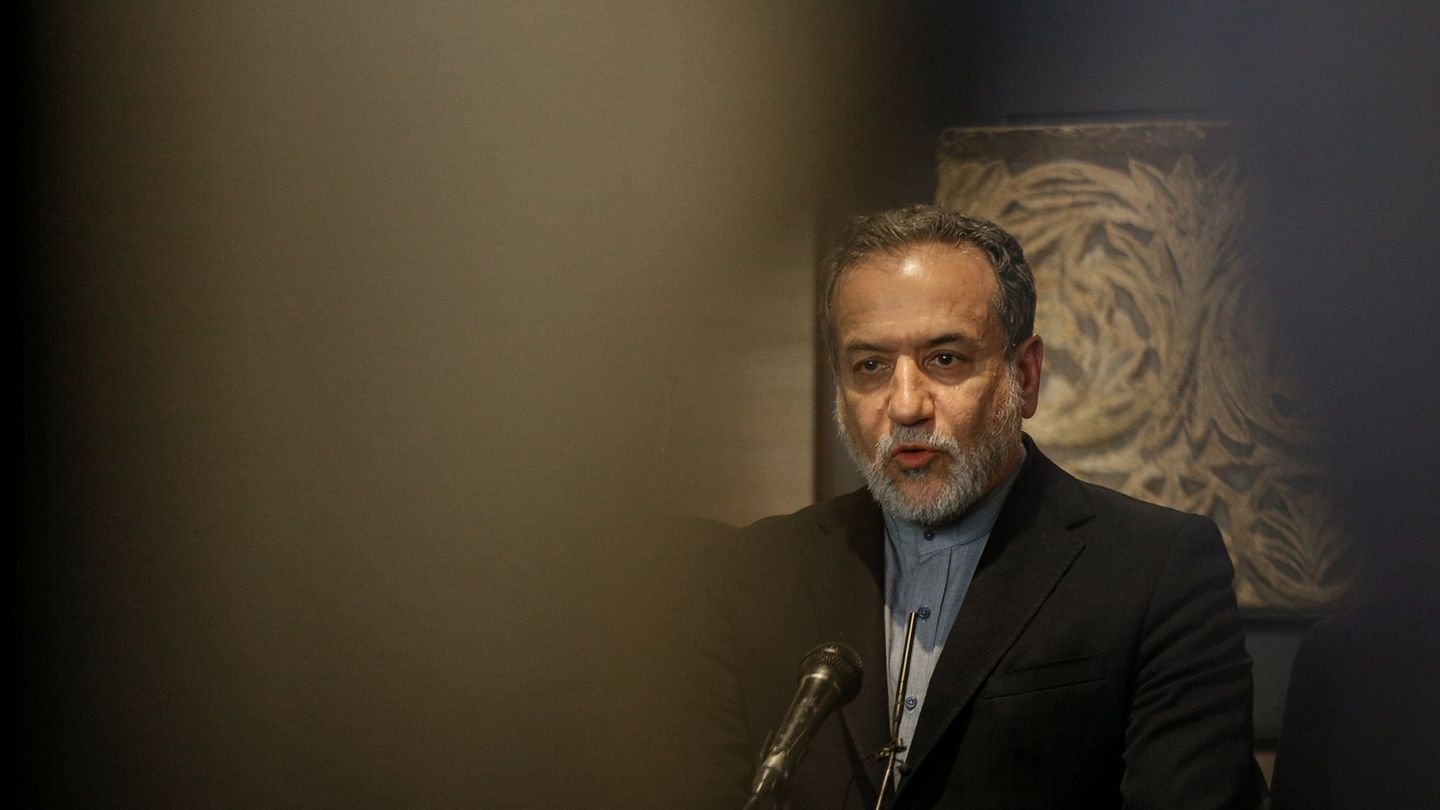The approved article adds that Chile “is constituted as a supportive Republic, its democracy is equal and recognizes dignity, freedom, substantive equality of human beings and their indissoluble relationship with nature as intrinsic and inalienable values.”
This point, whose wording underwent several twists and turns among the conventional ones, modifies the spirit of the Constitution imposed during the dictatorship (1973-1990), which gives the State a subsidiary role that is to say, it consecrates it as an organ that is not responsible for absorbing those activities “that are adequately developed by individuals.”
This definition, the core of the Chilean model that was widely rejected in the social outbreak of October 2019, in practice jibarizes the State to the point of transferring the provision of services and fundamental rights to the private sector.
After the vote in plenary, the coordinator of the Commission on Constitutional Principles, Loreto Vallejos, commented that “the issue of article 1 makes us all very happy because it allows us to guarantee social rights and politically makes the change we were looking for from a state that takes charge and takes responsibility, and not the market, to generate certainty for the population”.
The conventional also approved article 12 of the second proposal of the Constitutional Principles Commission, on multilingualism, with 105 votes in favor, 31 against and 11 abstentions, for which it is also part of the draft of the new Constitution.
The law states that “Chile is a multilingual state, its official language is Spanish and the languages of the indigenous peoples will be official in their territories and in areas of high population density of each indigenous people. The State promotes the knowledge, revitalization, appreciation and respect of the indigenous languages of all the peoples of the Plurinational State.”
The conventional members also approved -with 107 votes in favor, 17 against and 23 abstentions- article 6 of the same report, which enshrines the substantive gender equality.
The conventionalists also supported article 13 E, on the secular state.
“Chile is a secular state, where freedom of religion and spiritual beliefs are respected and guaranteed. No particular religion or belief is the official state, without prejudice to its recognition and free exercise, which has no other limitation than the provisions of this Constitution”, indicates the approved text, replicated in local media.
In the so-called “exit plebiscite” Chileans will have to vote on September 4 if they ratify -or not- the proposal for a new Constitution.
The vote, for this occasion, will be mandatory, people over 18 years of age will participate and will contemplate two options: Approval or Rejection.
Meanwhile, for people who do not reside in Chile, suffrage will be voluntary.
If rejected, the current Pinochet Constitution will remain.
Source: Ambito
David William is a talented author who has made a name for himself in the world of writing. He is a professional author who writes on a wide range of topics, from general interest to opinion news. David is currently working as a writer at 24 hours worlds where he brings his unique perspective and in-depth research to his articles, making them both informative and engaging.




